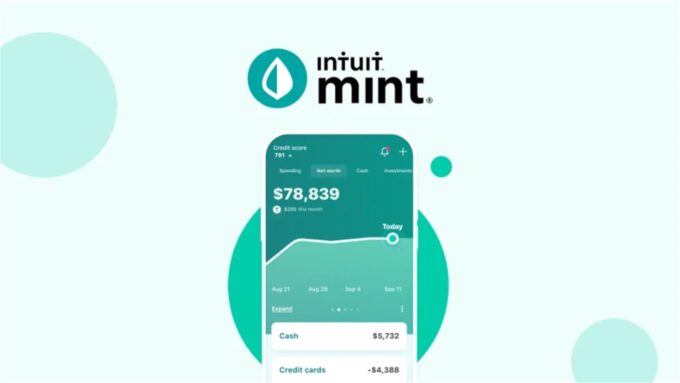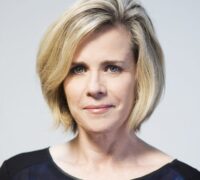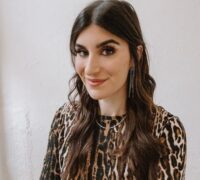“Women sports fans are more loyal. They remember brands more when they support a women’s sport. The money is now behind the sports – the leagues – and we are seeing massive spikes of interest in women athletes as a consequence of concerted efforts and focus on what women actually care about,” she adds.
“We have put our money and our behavior where our intention is. And behavior change is hard; it requires doing things over and over again to build muscle memory.”
Linda Bethea, Chief Marketing Officer at Danone North America, says she views it as her duty as someone in a position of privilege and power to help others and to lead with that intentionality. It is an attitude in harmony with internal policies at her firm.
“At Danone, we have a ‘see something, do something, say something’ policy. I recently spoke up about a requirement to leave for a company retreat on a Sunday which interfered with my custody plans as a single mother. This hadn’t even occurred to whoever made that decision.”
Whoever you are, she says, if someone in the company decides something that doesn’t work for you, speak up. This evokes change.
Externally, too, the marketing world practices intent in the way it portrays women; it is trying to “flip the script”, as Bethea puts it. Danone’s Light + Fit yoghurt flew in the face of women being told they should crave less or be less (less emotional, less direct, and so on).
“We want women to show up and be who they are unapologetically. So, we show a CEO negotiating a deal; she wants it all and she gets it all – she has her yogurt and makes millions too!”
The democratization of financial advice
Women’s economic empowerment has been facilitated by female creators making financial advice accessible and spreading the message that women can both earn and spend well.
Helping to eliminate shame around personal finances and to replace it with “a conviction to take financial control over your life”, Haley Sacks is a Zillenial finance expert who built the @MrsDowJones brand on social media. One of the first ever financial influencers, she also founded Finance is Cool, a media company and educational platform.









